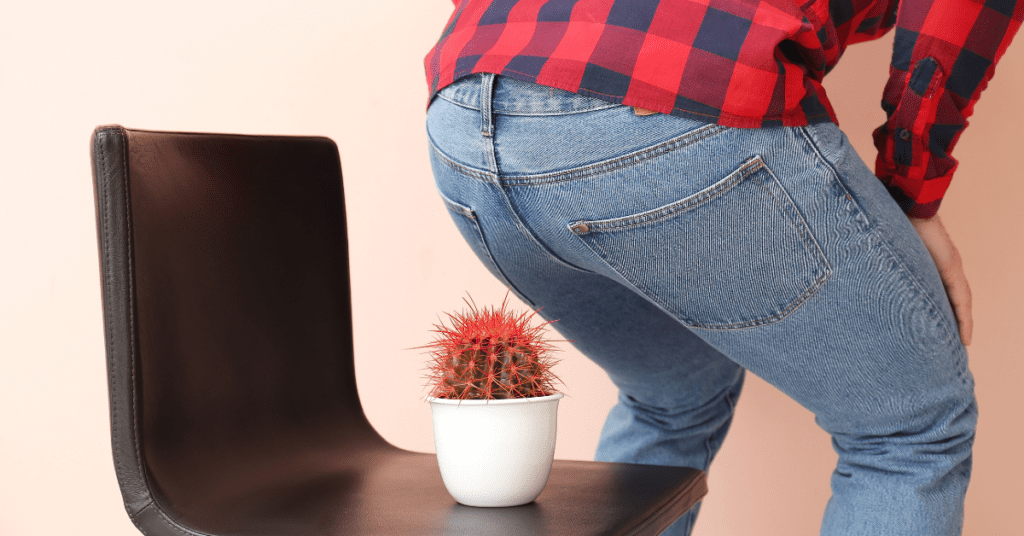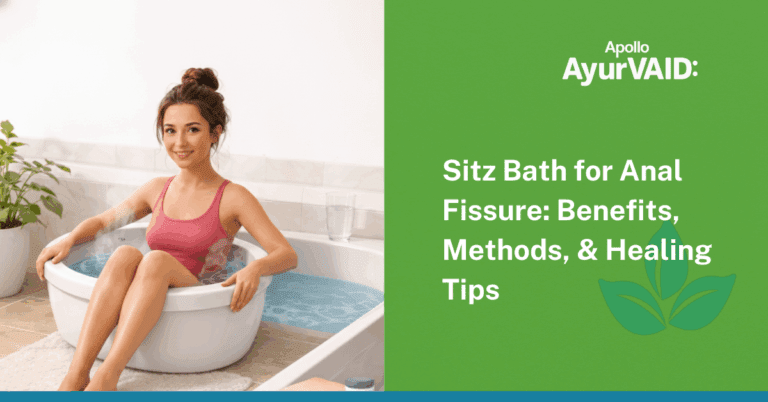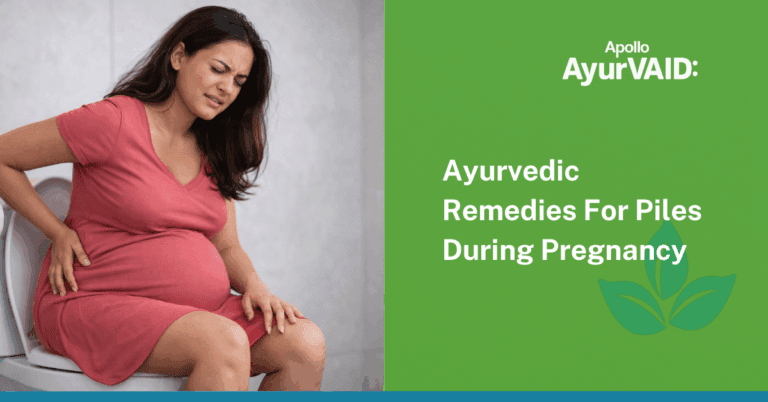Not all haemorrhoids require surgery. Haemorrhoids can be treated medically, without surgery. Surgery is only considered a last resort when medical treatment fails or haemorrhoids have become too severe. For haemorrhoids of grades 1,2,3 with small haemorrhoids, uncomplicated external haemorrhoids can be treated medically without surgery; Surgical treatment is usually indicated for grade 3 haemorrhoids, large haemorrhoids, grade 4 haemorrhoids and complicated external haemorrhoids.

Consume more fibre:-
A high-fibre diet is one of the most effective strategies to alleviate haemorrhoids. A fibre-rich diet can help make the stool softer and easier to pass. While straining to pass motions, it exerts pressure on the veins in the anus and rectum. This can cause the veins to expand, resulting in haemorrhoids.
Drink plenty of water:-
Drink plenty of water to stay hydrated and help soften stools.Avoid hot spicy meals, and stimulants such as chilli, garlic, alcohol, beer, and coffee.

Increase physical activity:-
Regular physical activity by participating in sports for at least 60 minutes weekly.
Warm sitz bath:-
Sit in about 3 inches of warm (not hot) water for 15-20 minutes several times daily. This helps relax the sphincter muscles, which increases blood flow and helps reduce itching and irritation.
Avoid Straining:-
Avoid prolonged sitting or straining during bowel movements. Go to the bathroom as soon as you feel the urge.
Applying preventative measures against haemorrhoids is critical, as it helps to restrict the disease for those who have not had it, prevent the disease from worsening significantly for those who have, limit recurrence, and help avoid haemorrhoids.






